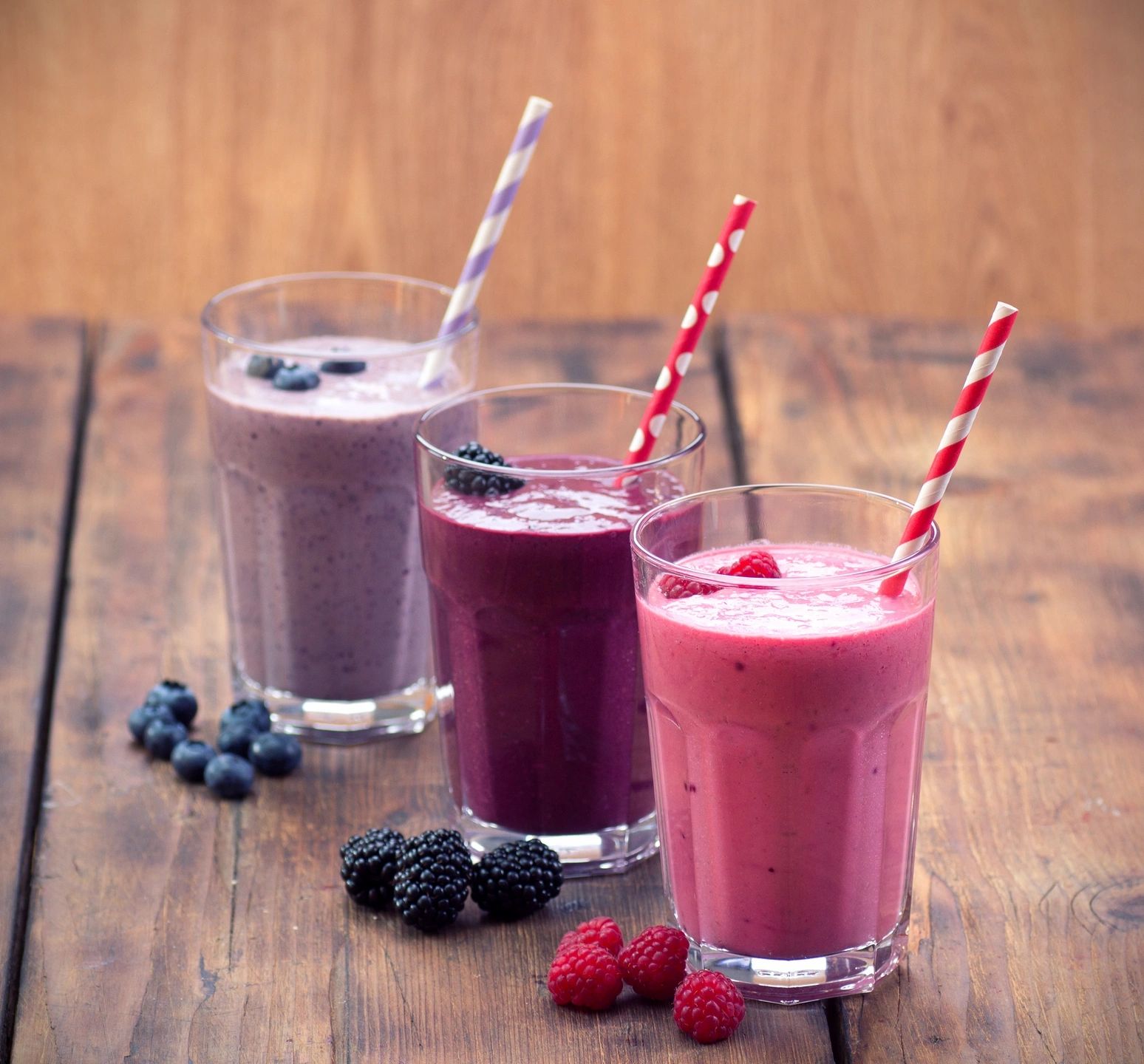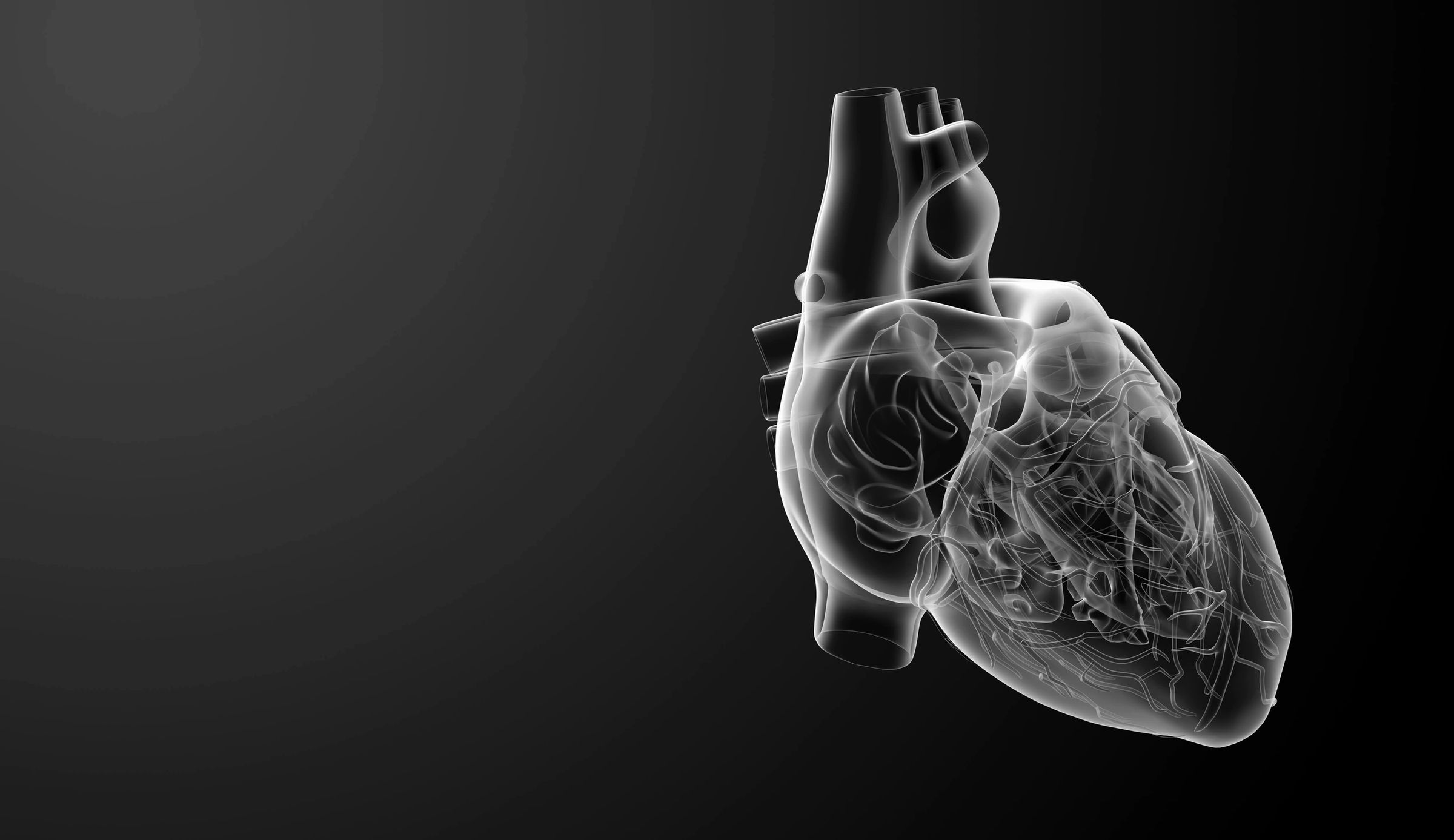Purples Hx and the Heart!
Dr. Claire Arcidiacono, ND
I wanted to take the time to talk about one of the most under rated products at Invite health. What product is this you ask? Why its Purples Hx! Purples Hx is an amazing combination of antioxidants and amino acids that are very good for our heart. Inside of Purples Hx there is the fruit blend, vegetable blend, Acai powder, Goji berry, Mangosteen and even a heart health blend! Let’s go through these categories one at a time.
Let’s start with the fruit blend. Purples Hx is full of fruits that contain anthocyanin. These are antioxidants that we typically see in purple fruits and vegetables. (1) Anthocyanins have been found to have a number of benefits. In this blog I’m going to focus on the cardiovascular benefits. Studies have found them to help lower the risk of blood clots. Other studies have found that they can help to open up the blood vessels thus helping with concerns such as blood pressure and circulation. Additionally studies have found that they can help improve cholesterol. Lastly overall in general studies have found that anthocyanins help with our heart health. (2) Bilberry one of the fruits in Purples Hx has been studied and found to help heart health. (3) Blueberry, another fruit in Purples Hx has also been found to help heart health. (4) Overall there are 10 different fruits that are in Purples Hx that are very good for our heart. While I won’t go into details regarding all of the individual fruits I will say that they are powerhouses when it comes to containing anthocyanins.
Let’s move on to the vegetable blend. If you look at the label you will see one of my favorites, beet root powder! No formula for our heart health or for circulation in general could ever be complete without beets. Beets have been found to be amazing in their ability to support heart health. (5)For more information on this amazing supplement please check out my product spotlight on Beets Hx. Interestingly not all thing that are purple contain anthocyanins. While beets are purple this is due to Betalain not anthocyanins. (6) Now I’m sure you noticed the carrots next to the beets. I bet your first thought was but carrots are orange! Well yes they are! However carrots also come in yellow, red, white and purple! (7) Now as I stated previously about the purple fruits the anthocyanins that are in purple vegetables are very good for our heart. (2) I would also like to add on to that that carrots of all colors have been found to be good for our heart health. (7)
The next item in Purples Hx is the Acai powder. Everyone has most likely heard about acai. But why is it so popular these days? Studies have found acai to be helpful for cholesterol, high blood pressure and to even help lower the risk of cardiovascular disease. Acai also has minerals such as magnesium which is important for heart health. (8)
Goji berry is another berry in the Purples Hx. Now I know goji berries are great for you. But I’m going to tell you guys a secret. I don’t actually think they taste all that great. I mean honestly at first glance they look like raisins which as we all know are amazing. But do they taste like yummy raisins?? Nope! And that is why I am so happy to see them included in the Purples Hx. You get all the benefits without having to eat them. If you like goji berries feel free to enjoy them. Just know you can get all the benefits without having to eat them. Studies have fond goji berries to be good for our heart health. For example they have been found to help with lowering cholesterol and in lowering our risk of cardiovascular disease in the elderly. (9)
Mangosteen has been found in studies to help lower C-reactive protein levels by 47%! (10) High C- reactive protein is associated with an increased risk of atherosclerosis which itself is a risk factor for many different heart disorders. (11)
Lastly, we have the heart blend which consists of L Carnitine, Betaine and Taurine. Studies have found that the use of L carnitine after a heart attack can reduce the risk of heart failure and arrhythmias. Additionally, L Carnitine appears to lower the risk of cardiac death. (12) Betaine has been found to help lower homocysteine, which is a very strong predictor of heart disease. (13) Taurine is an amazing nutrient for our heart. I could write a whole blog just on taurine alone! However, as this blog is already rather lengthy, I will simply say that taurine has been found to help with lowering our blood pressure. (14).
Overall Purples Hx is an amazing supplement for our heart health! Our next topic will be Angina or what is colloquially known as “chest pain”
Sources:
- Purple foods: List of foods, health benefits, and more (medicalnewstoday.com)
- Anthocyanidins and anthocyanins: colored pigments as food, pharmaceutical ingredients, and the potential health benefits – PMC (nih.gov)
- Effects of Bilberry Supplementation on Metabolic and Cardiovascular Disease Risk – PMC (nih.gov)
- Effects of Blueberry Consumption on Cardiovascular Health in Healthy Adults: A Cross-Over Randomised Controlled Trial – PMC (nih.gov)
- Beetroot, A Remarkable Vegetable: Its Nitrate and Phytochemical Contents Can be Adjusted in Novel Formulations to Benefit Health and Support Cardiovascular Disease Therapies – PMC (nih.gov)
- Anthocyanin Foods, Benefits and Supplements – Dr. Axe (draxe.com)
- Reasons Why Carrots Are Healthy For You (clevelandclinic.org)
- Açaí (Euterpe oleracea Mart.) in Health and Disease: A Critical Review – PMC (nih.gov)
- Health Benefits and Applications of Goji Berries in Functional Food Products Development: A Review – PMC (nih.gov)
- Daily consumption of a mangosteen-based drink improves in vivo antioxidant and anti-inflammatory biomarkers in healthy adults: a randomized, double-blind, placebo-controlled clinical trial – PMC (nih.gov)
- Assessing Cardiovascular Risk with C-Reactive Protein | Johns Hopkins Medicine
- randomised, double-blind, placebo-controlled trial of L-carnitine in suspected acute myocardial infarction | Postgraduate Medical Journal | Oxford Academic (oup.com)
- Dietary Choline and Betaine Intakes and Risk of Cardiovascular Diseases: Review of Epidemiological Evidence – PMC (nih.gov)
- Taurine Supplementation Lowers Blood Pressure and Improves Vascular Function in Prehypertension: Randomized, Double-Blind, Placebo-Controlled Study – PubMed (nih.gov)







